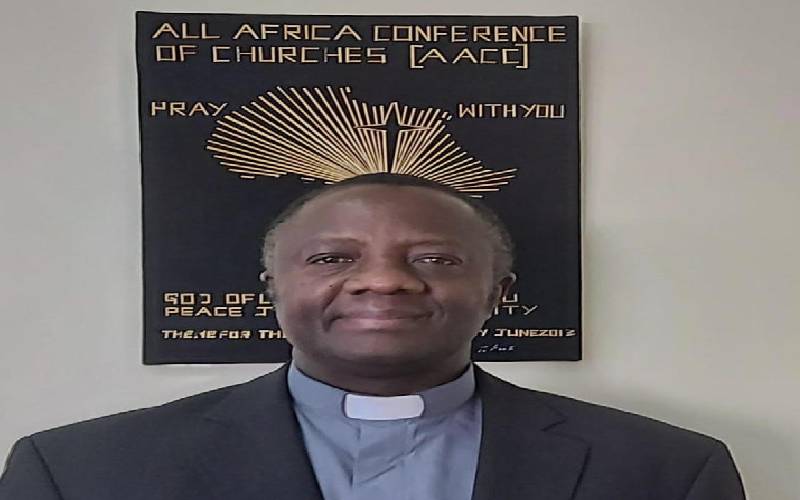×
The Standard e-Paper
Stay Informed, Even Offline

Rev Dr Fidon Mwombeki, General Secretary, All Africa Conference of Churches
Believers are being deceived on the true state of debt in their countries, putting the sovereignty of these states at risk, African churches have warned.